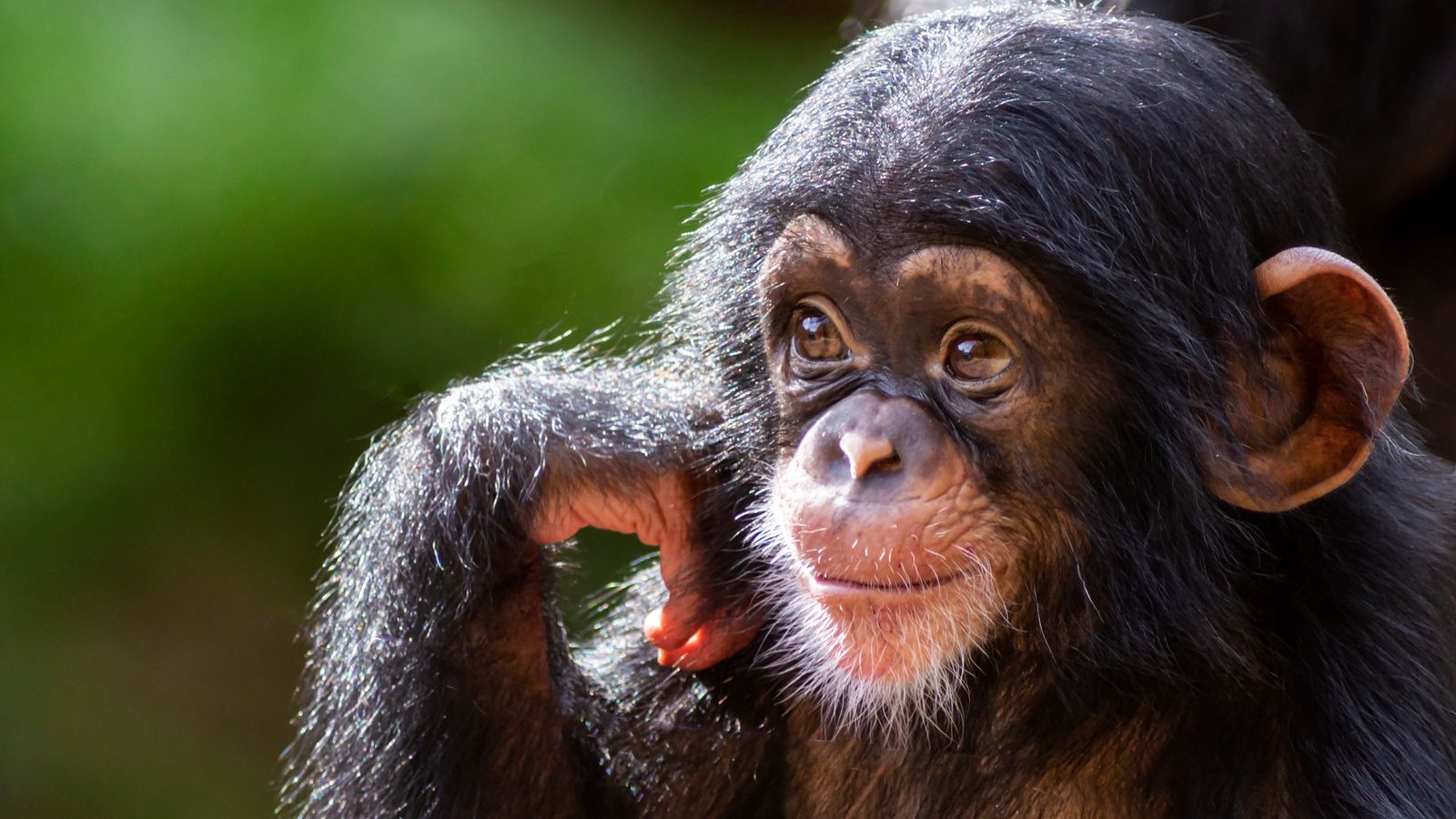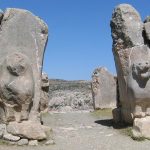Young chimpanzees can make similar sounds to babies as they learn to speak, researchers have found.
Primates studied by the University of Portsmouth were capable of similar vocal functional flexibility to humans as they grew up.
The team filmed 28 infant apes at a sanctuary in Zambia as they made sounds such as grunts, whimpers, laughter, screams, barks, squeaks and hoots.
They said the chimps made calls that represented different moods, which correlated to positive, neutral, or negative facial expressions or movements, in a similar way to how babies learn to communicate.
Dr Derry Taylor, from the University of Portsmouth’s department of psychology, said the findings could help shed light on the evolution of speech.
“All living things communicate, but only humans communicate using language,” he said.
“How this came to be is an unsolved mystery within science. Until now, we didn’t have evidence of vocal functional flexibility in non-human primates early on.
Scottish SPCA issues CCTV appeal after man caught hitting dog outside Clydebank shop
First ever Chinese mitten crab trap installed as public asked to report crustacean sightings
Alaska Fat Bear Week: Dominant and defensive mother Grazer crowned champion in annual contest
“This discovery holds profound implications for our understanding of the origins of human language.”
Read more from Sky News:
Dominant mom wins Alaska’s Fat Bear Week
First ever Chinese mitten crab trap installed
After publishing their findings in the journal iScience, a university spokeswoman noted that as babies, humans “make noises that have specific purposes”.
She added: “Screams, laughs and cries for instance all have a rigid purpose and clear emotion attached to them.
“But there are other free speech sounds, like pre-babbling, that are more flexible in their function.
“New research has found that infant and juvenile chimps demonstrate a similar vocal flexibility, which implies the foundations for speech are rooted in our primate evolutionary heritage.”
The spokeswoman added that the findings “demonstrated a clear parallel with existing human infant research”.
Be the first to get Breaking News
Install the Sky News app for free
Another recent study suggested we have yet more in common with our primate ancestors, as humans’ rotating shoulders and extending elbows may have evolved as a natural braking system.
Early humans needed the movements, which allow us to reach a high shelf or throw a ball, to slow their descent out of trees so they could climb down without dying, researchers from Dartmouth College in the US found.






















